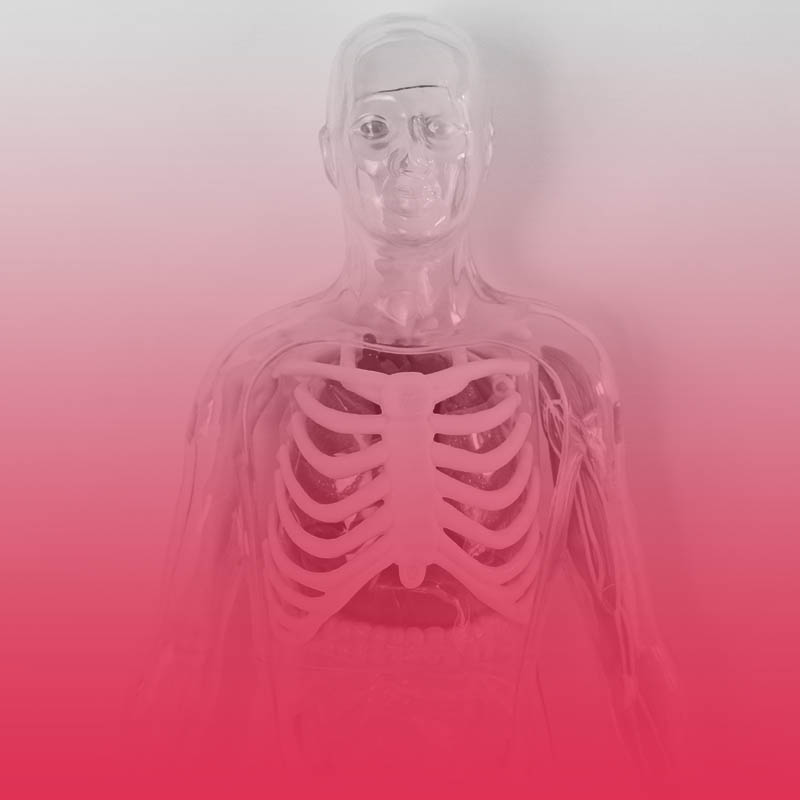Research Report: 2020
▼ Choose a report:

Powered by Research & Graduate Studies

Powered by Arts and Social Science

Powered by Fine Arts

Powered by Science and the Environment

Grenfell researchers continued to be active during the COVID-19 lockdown. Here you will find a summary of the kinds of work our faculty and students continued to work on, even in the midst of a global pandemic.
Rural and remote communities across Canada often struggle to access clean, reliable, sufficient drinking water. During the pandemic, Grenfell's Dr. Kelly Vodden and Dr. Sarah Minnes (University of Guelph) assembled a research team to address issues associated with potable water dispensing units during the COVID-19 pandemic. Their research aimed to inform PWDU practices, expose gaps in the system, and further address issues of accessible water quality and quantity in rural communities across Canada. Thus far, the research team has released a report titled "Challenges with rural drinking water infrastructure operations and maintenance in rural Newfoundland and Labrador during COVID-19" (Minnes et al., 2020) for the Canadian Rural Revitalization Foundation (CRRF) and presented their research – Rural Drinking Water – at the CRRF Virtual Conference for Supporting Rural Recovery & Resilience (Deatra Walsh and Amy Hudson). Their research will continue to identify safe operating procedures and ensure knowledge mobilization between communities and their municipalities. (Excerpt from NL Sustainable Drinking Water Research website)
Graduate student Roshayne Mendis worked with the Navigate Entrepreneurship Centre to create a process that will encourage growth of immigrant entrepreneurship in rural Newfoundland and Labrador. Her study, titled "The new venture creation process for immigrant entrepreneurs in rural Newfoundland and Labrador: Implications for policy and sustainability," will implement a transdisciplinary approach to help address this challenge and drew upon three main disciplines: management science, socio-cultural studies and public policy. She investigated the traits and factors that attract immigrant entrepreneurs to start new businesses, as well as the role immigration policy plays in encouraging newcomers to undertake entrepreneurial projects in NL. In addition, Ms. Mendis reviewed the social and cultural factors enabling immigrants to start their own business ventures in NL, and how development policy can support inclusive and sustainable communities at the local level.
Dr. John Bodner of the School of Arts and Social Science conducted online digital research over an 18-month period on conspiracy theory communities. He also continued research with illegal marijuana growers in rural British Columbia. His work resulted in the 2020 publication of "Covid-19 Conspiracy Theories: Qanon, 5g, the New World Order and Other Viral Ideas".
Dr. Angela Robinson of the School of Arts and Social Science, conducted research on a project titled "Heritage People and Place: Mapping Local Ecological and Traditional Knowledge in King's Cove, Bonavista Bay." In consultation with Heritage Newfoundland and Labrador, and in collaboration with the Community of King's Cove, and King's Cove Historical Society, as principal investigator she is overseeing the revitalization of Holy Sepulcher Cemetery dating from the late-eighteenth century to mid-twentieth century. This research involves refurbishing gravesites, as well as collecting vital statistics and other information from grave markers. Later stages of the project will involve documenting local knowledge pertaining to early settlers of the region.
Dr. Sonya Corbin Dwyer published an article titled "The Impact of ESL Discussion Groups in an Undergraduate Counselling Psychology Course" in the International Dialogues on Education Journal.
Dr. Gabriela Sabau contributed to an article titled "Building Back Sustainably: COVID-19 Impact and Adaptation in Newfoundland and Labrador Fisheries" published in the journal Sustainability.
Business professor Julie Pitcher-Giles worked as a part of the research coding team on a project exploring organizational communication related to COVID-19. The team published an associated publication: Sanders, K., Nguyen, P.T., Bouckenooghe, D., Rafferty, A. & Schwarz, G. (2020). Unraveling the What and How of organizational communication to employees during COVID-19 Pandemic: Adopting an Attributional Lens. The Journal of Applied Behavioral Science, 56 (3), https://doi.org/10.1177%2F0021886320937026.
In the midst of the pandemic EPI lab and its students, under the supervision of Dr. Garrett Richards, continued to be active in working with community, government and industry partners. This included the following projects:
Prior to and throughout the pandemic, a research team (Cake, Nadolny, Mendis, Zendel, & Hutchings) collected data related to young adults' attitudes toward older adults. The young adults were mainly Grenfell undergraduates who grew up in rural and non-rural NL communities. Participants completed an online survey assessing their attitudes/perceptions of fictitious older male and female adults (ages ≥ 65). Younger females rated older adults (both female and male) significantly more positively than younger males. Attitudes toward older females were significantly more positive than toward older males. Size of home community did not affect attitudes toward older adults. High quality intergenerational contact was the strongest predictor of attitudes toward older adults. The research was funded by the Harris Centre and the Office of Research and Graduate Studies, Grenfell Campus and facilitated by the Aging Research Centre – Newfoundland and Labrador (ARC-NL), Memorial University.
Nurse Educator Peggy Hancock and colleagues conducted research regarding incivility in the nursing profession, in particular, an examination of student perceptions of incivility in clinical practice settings. Stated in the abstract for the manuscript currently undergoing revisions: "Incivility within nursing is professionally unacceptable. Little research exists regarding student nurses' experiences with incivility from healthcare professionals and others within the clinical environment and particularly within a Canadian context." Ms. Hancock and colleagues aim to describe the incidence and perceptions of incivility experienced by undergraduate nursing students from healthcare professionals and others within clinical practice. After reviewing the results of an electronic survey, the researchers concluded that nursing students experience incivility frequently in clinical practice with serious consequences. Recommendations arising from this study encourage educators and healthcare leaders to collaborate to review, implement and evaluate curricula, policies and processes to address incivility.